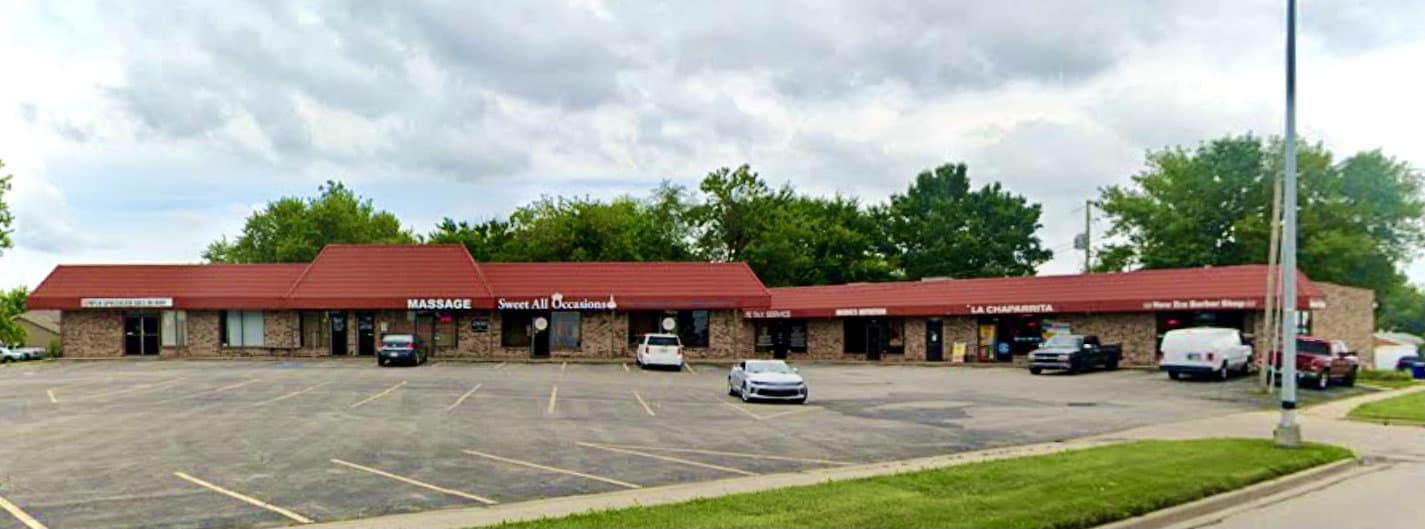
Failing Forward: Part 3…
If you followed the first parts to this story (LINK TO PART 1 and PART 2), you heard about mold and preventative maintenance and seller financing to churches. This part of the story takes on a different topic: Start Up Restaurants & Bars.
One of the first tenants we leased to was a start up neighborhood restaurant. I was three years into my career as a retail broker in the firm, and knew enough to ask appropriate questions like have you met with the health department, do you require a grease trap, and do you require a liquor license, etc. The small start up was enthusiastic, and seemed to have the right answers. They all had the same theme – “yes we know, and we are on top of it”.
We signed the lease, and they got started on their improvements. We didn’t hear anything from them until 2 weeks after they opened for business. They shared that they just learned that they were unable to apply for a liquor license for consumption in this zoning class. They could only obtain a packaged liquor license.
I read the lease in detail, and my response was straightforward:
- The first page of the lease says that the Tenant is responsible for ALL governmental approvals and/or licensing required for their business.
- We never provided any information related to the allowable uses or liquor laws, nor was there a contingency for such a requirement.
- We were unable to file for a re-zoning with the City, because it would require us to conform with new codes and add parking which was not available.
In response, the Tenant’s real estate attorney promptly responded with a request for the Landlord to immediately terminate their lease AND a refund of $25K for the construction dollars they spent in our building.
My first reaction was that surely our attorney would be able to resolve this quickly – the lease is the governing contract and it was clear. Unfortunately, I learned that often there are more influences at play than a simple contract. The Tenant’s attorney shared that he was working pro-bono (he was in a band that played at the restaurant), and that we would either spend $20K in legal fees with our attorney fighting this to the end, or settle with them. After all, we already had the Tenant’s financials, and knew they were broke. Since he was working for free, he could drag it out for months.
After confirming with our attorney, we ended up settling for $10,000 and a lease termination.
Since then, I have learned that there are 2 different types of attorneys: contract attorneys vs. litigators. Contract attorneys are generally problem solvers, and their job is to avoid conflict through written documents. Litigators want a fight, and generally don’t want compromise. My advice – hire the litigator for this type of scenario.
Failing fast, failing forward, and learning from others failures has been critical to my growth as a business owner and real estate investor. This is part of my series on Failing Forward, and I hope you walk away with some great strategies (or pitfalls to avoid).
Audrey Navarro
Managing Partner
